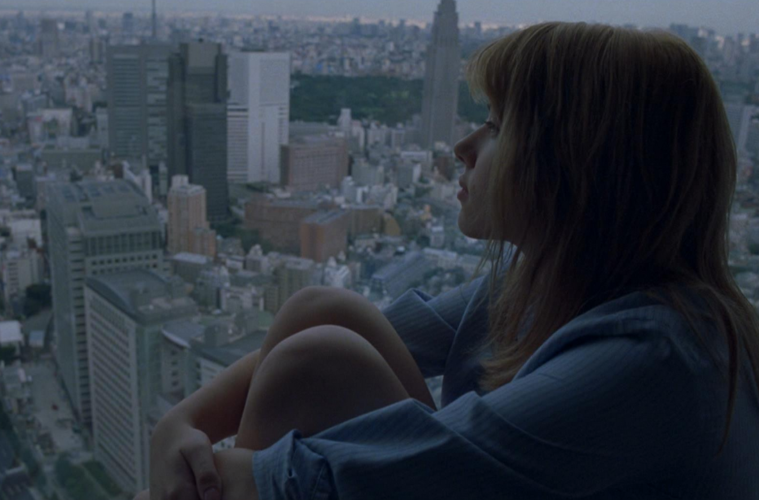
Dailies is a round-up of essential film writing, news bits, and other highlights from across the Internet. If you’d like to submit a piece for consideration, get in touch with us in the comments below or on Twitter at @TheFilmStage.
The Look of Silence, Uncle Kent 2, and more are among SXSW 2015’s Audience Award winners. See our full coverage here.
At Grantland, Viggo Mortensen on why he passed on The Hateful Eight:
Yeah, we did meet. And that was an example of what I was talking about with small movies. All of last fall, I traveled nonstop. I was on a plane every two days to promote Jauja and Far From Men. I knew as a producer and an actor that I needed to do that for those movies to have a chance to be seen. [Tarantino] wanted to start shooting at the end of the year and do rehearsals before that, and I just couldn’t do that schedulewise. That’s the only reason [I passed]. It would have been really, really fun to work with him. I think he’s really smart and funny. I’d never sat down and talked to him that much, although I did audition for Reservoir Dogs, which he remembered.
Watch a video essay on loneliness in the films of Sofia Coppola:
BFI‘s Robert Greene on how to create a documentary character:
Crafting a documentary that follows characters and an unfolding story requires many feats of stamina. Your camera must be present at the right moments and it’s essential that you capture images that resonate. You need to handle the vagaries of reality swirling around you, people not wanting to be a part of your story, others hoping to manipulate it, events and instances constantly out of your control. Later you need to find order amongst the chaos, a way to impose narrative or otherwise cinematic stability on your material.
Watch Days of Manhattan, an experiment in melding Terrence Malick and Woody Allen masterpieces:
The Dissolve‘s Genevieve Valentine on how the vampire became film’s most feminist monster:
The image of the cinematic vampire femme fatale is so ubiquitous, it’s strange to think that Dracula’s Daughter, its earliest iteration, was the only one of its kind for a generation. It becomes markedly less strange, though, when these characters are seen as dots on a timeline, with a rise in cinematic vampire women paralleling changing social attitudes about feminism. What easier form is there for an ambitious woman than a monster, and what better way to subvert derogatory attitudes then by making them infinitely powerful and alluring?

